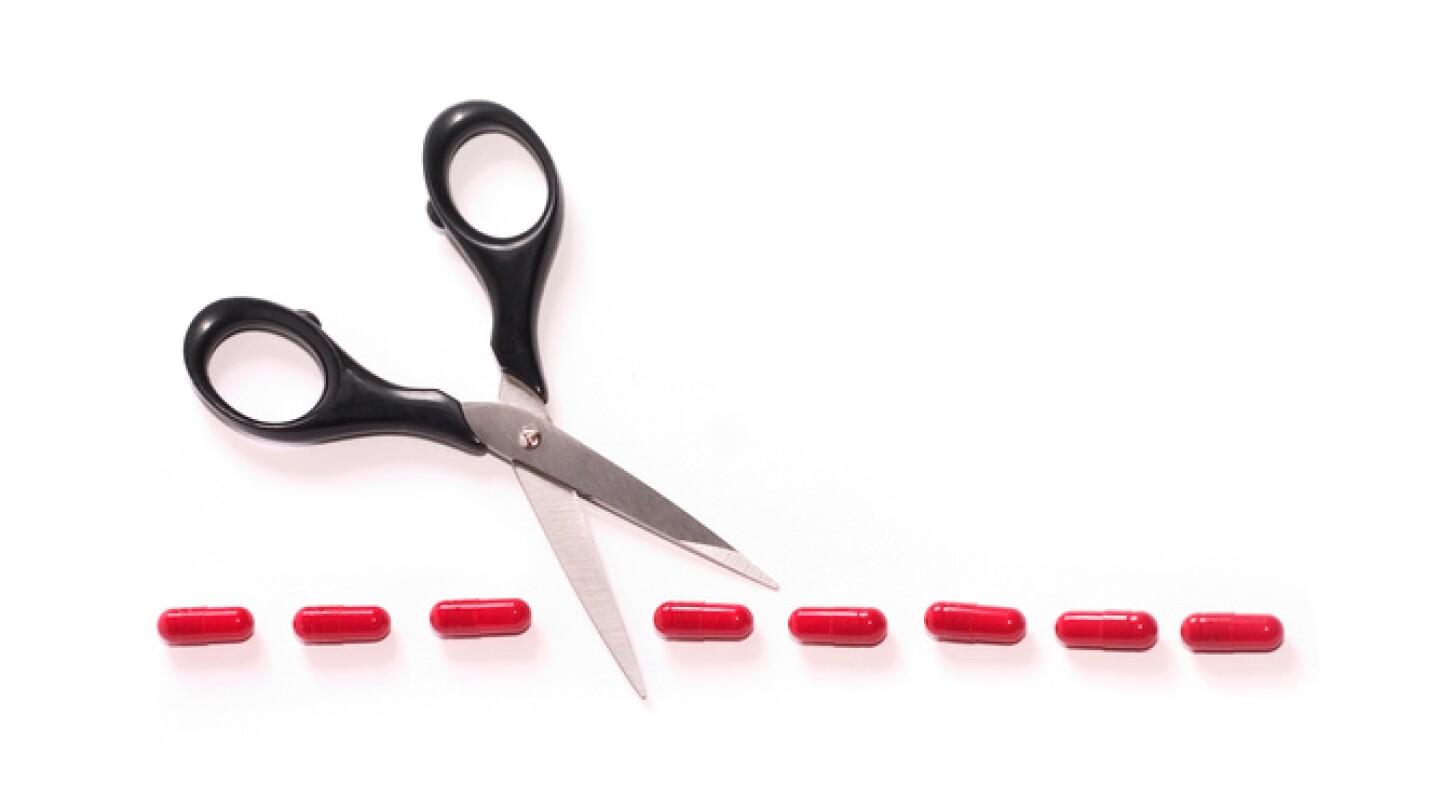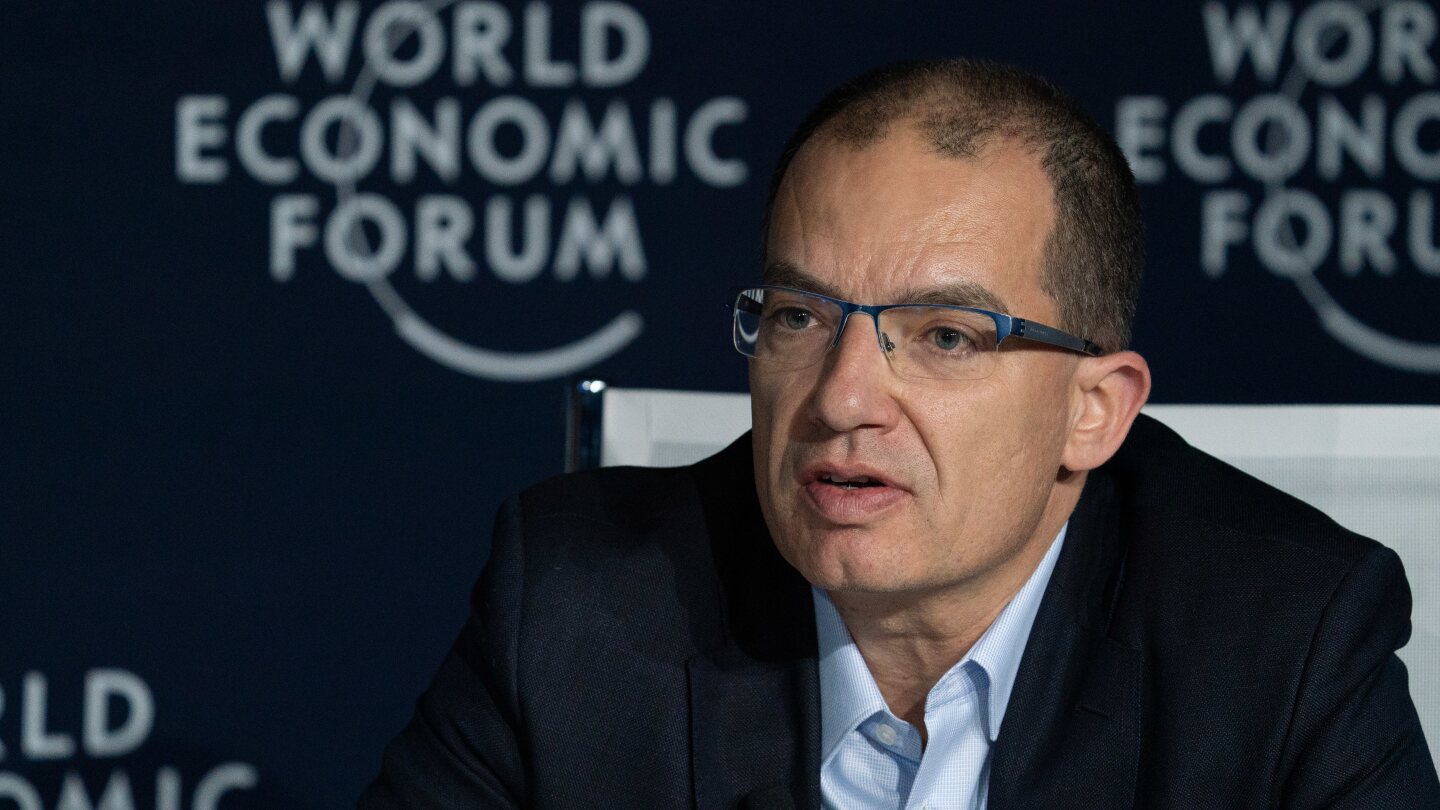Pipeline
AstraZeneca will push the pill, elecoglipron, into a comprehensive late-stage program that will test the drug as a monotherapy, as part of a combination regimen and for several indications.
Despite the Phase 1 cull, CEO Vas Narasimhan on Wednesday maintained that Novartis continues to invest in its early-stage pipeline, looking for deals in the “sub-$2-billion range.”
Novartis will still be on the lookout for early-stage deals under $2 billion, and later-stage agreements around a product that could reach the market within five years, CEO Vas Narasimhan said Wednesday.
While GSK did not provide a specific reason for returning Wave Life Sciences’ WVE-006, the decision comes after the asset in September 2025 came below analyst expectations in a Phase Ib/IIa AATD study.
Sanofi will take venglustat to regulators for Gaucher disease but an application for Fabry disease is less clear after the failure of a Phase III trial.
Despite Sanofi CEO Paul Hudson’s confidence in vaccines, the French pharma has cut at least one mRNA flu shot program.
The deal will help bolster Eli Lilly’s growing hearing loss portfolio, which is anchored by the gene therapy AK-OTOF.
Growing opposition to vaccines in the U.S., driven by recent government policy changes, makes it difficult to see a return on investment in vaccine development, Moderna CEO Stéphane Bancel said this week.
2026 is shaping up to be a pivotal year for rare disease drugmakers, with key approvals, filings and readouts lined up for this year.
Three years after the accelerated approval of its anti-amyloid Alzheimer’s therapy, Biogen—neck and neck in the market with Eli Lilly and its Kisunla offering—is focused on a near-term FDA decision for a subcutaneous induction dose of Leqembi, a presymptomatic readout in 2028 and a clutch of next-generation candidates.
PRESS RELEASES










